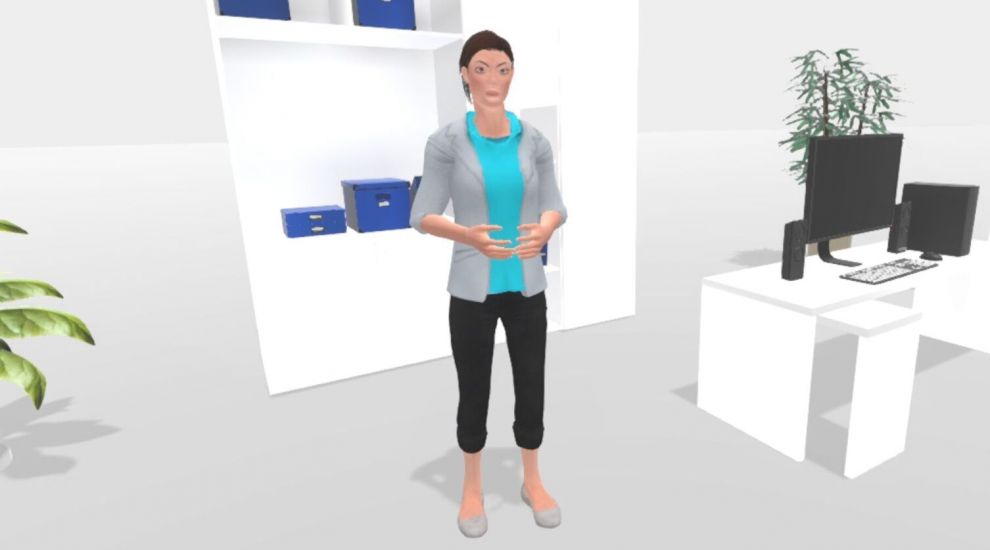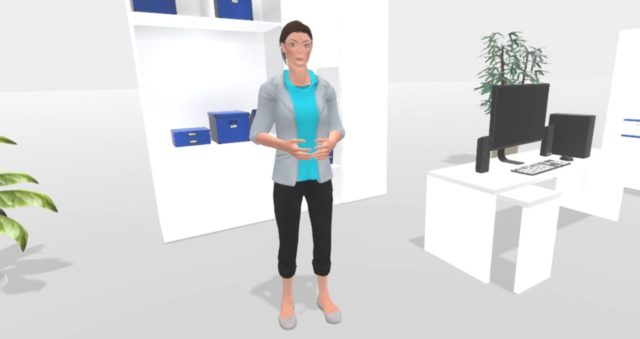
NHS patients with mental health problems are to be treated by virtual reality therapists in a new project.
Experts are embarking on a multi-million pound trial to see whether people with severe mental health conditions, such as schizophrenia, who have difficulties being in everyday social situations would benefit from virtual reality treatment.
In sessions that are 20 to 30 minutes long, patients will use VR headsets to undertake tasks and face simulations which they may find troubling in real-world scenarios.
Their VR coach helps to guide them through the simulations and practise techniques to overcome their difficulties.
Researchers said patients often find this sort of thing easier in the virtual world.
It is hoped, if the trial is successful, it could pave the way for VR treatments for common mental health disorders such as depression or anxiety.

The project, which is being led by researchers from Oxford University, will see involvement from NHS trusts, universities, a mental health charity, the Royal College of Art, and a University of Oxford spinout company.
It has been awarded a £4 million National Institute of Health Research award.
“Our project will see one of the most exciting and powerful new technologies implemented in the NHS for the first time,” said the project lead, Professor Daniel Freeman from Oxford University’s Department of Psychiatry.
“Virtual reality treatment can help patients transform their lives. When people put on our headsets, a virtual coach takes them into computer-generated simulations of the situations they find troubling.
“The coach guides the patient through these scenarios, helping them practise techniques to overcome their difficulties. Patients often find it easier to do this work in the virtual world, and they enjoy using our VR applications, but the beauty is that the benefits transfer to the real world,” said Prof Freeman, who is also a clinical psychologist at Oxford Health NHS Foundation Trust.
“Our new treatment is automated, the virtual coach leads the therapy, and it uses inexpensive VR kit, so it has the potential for widespread use in the NHS. We’re inspired by the opportunity VR provides to increase dramatically the number of people who can access the most effective psychological therapies.”
The first phase of the project will include a design phase to ensure the equipment is easy to use, then there will be a large clinical trial in NHS trusts across the country, and finally researchers will demonstrate how it could be applied across the NHS.